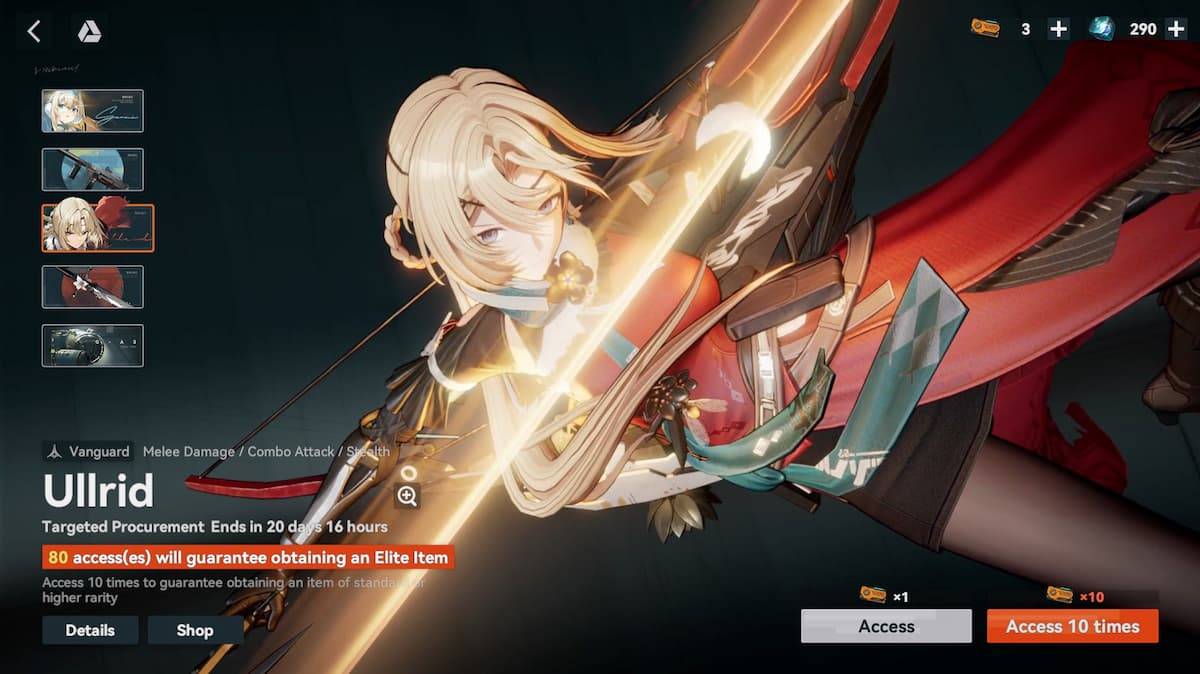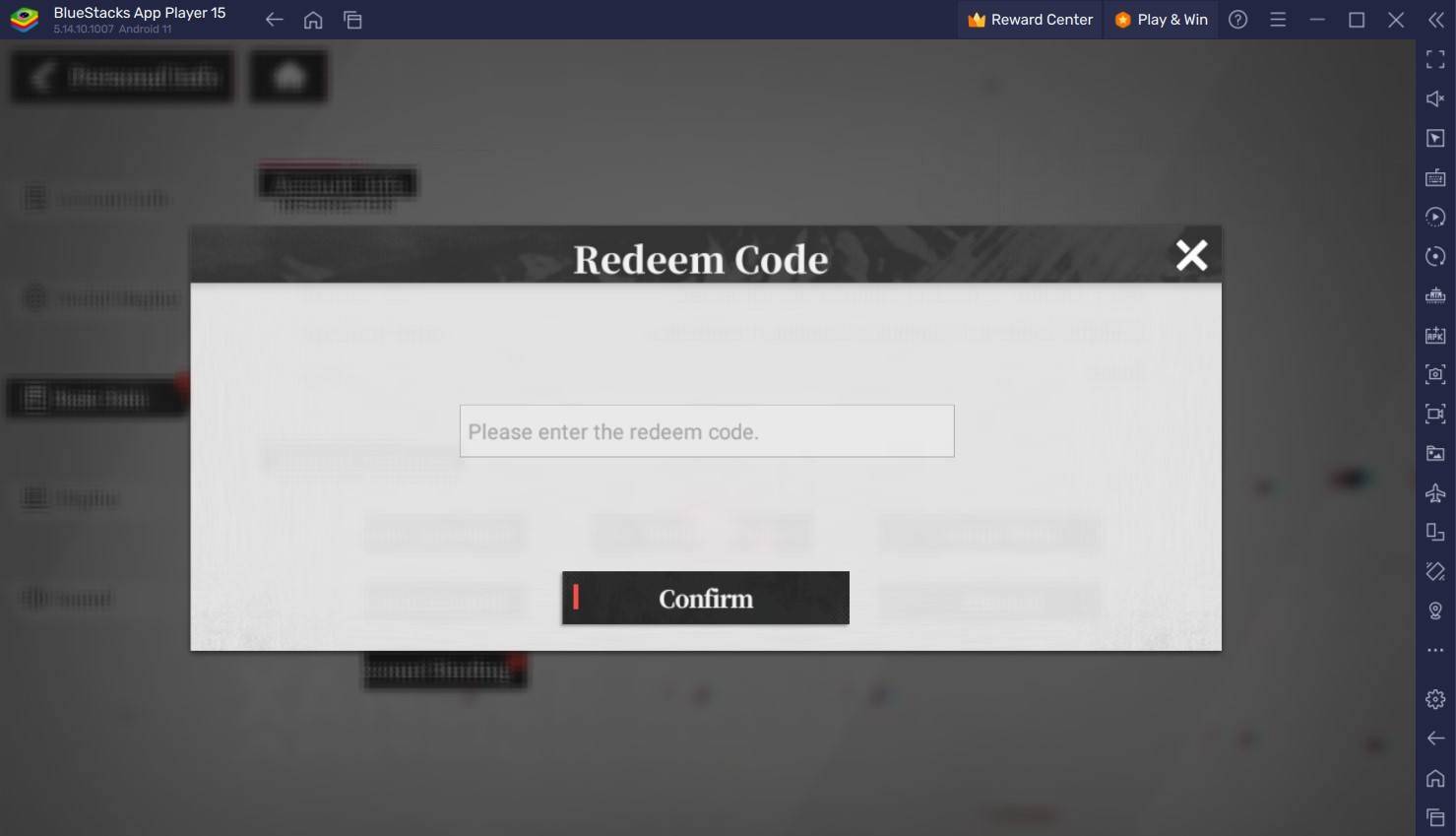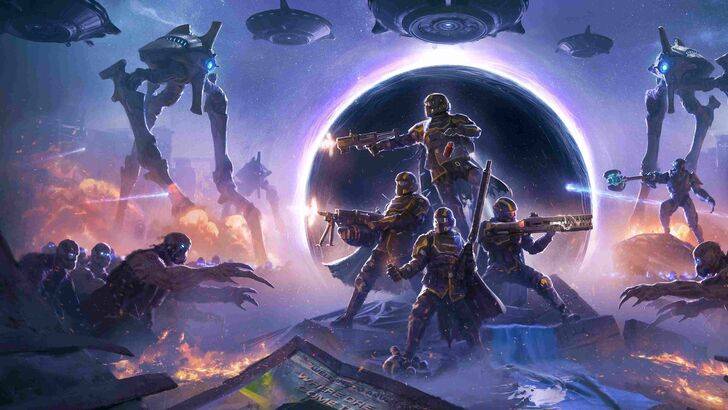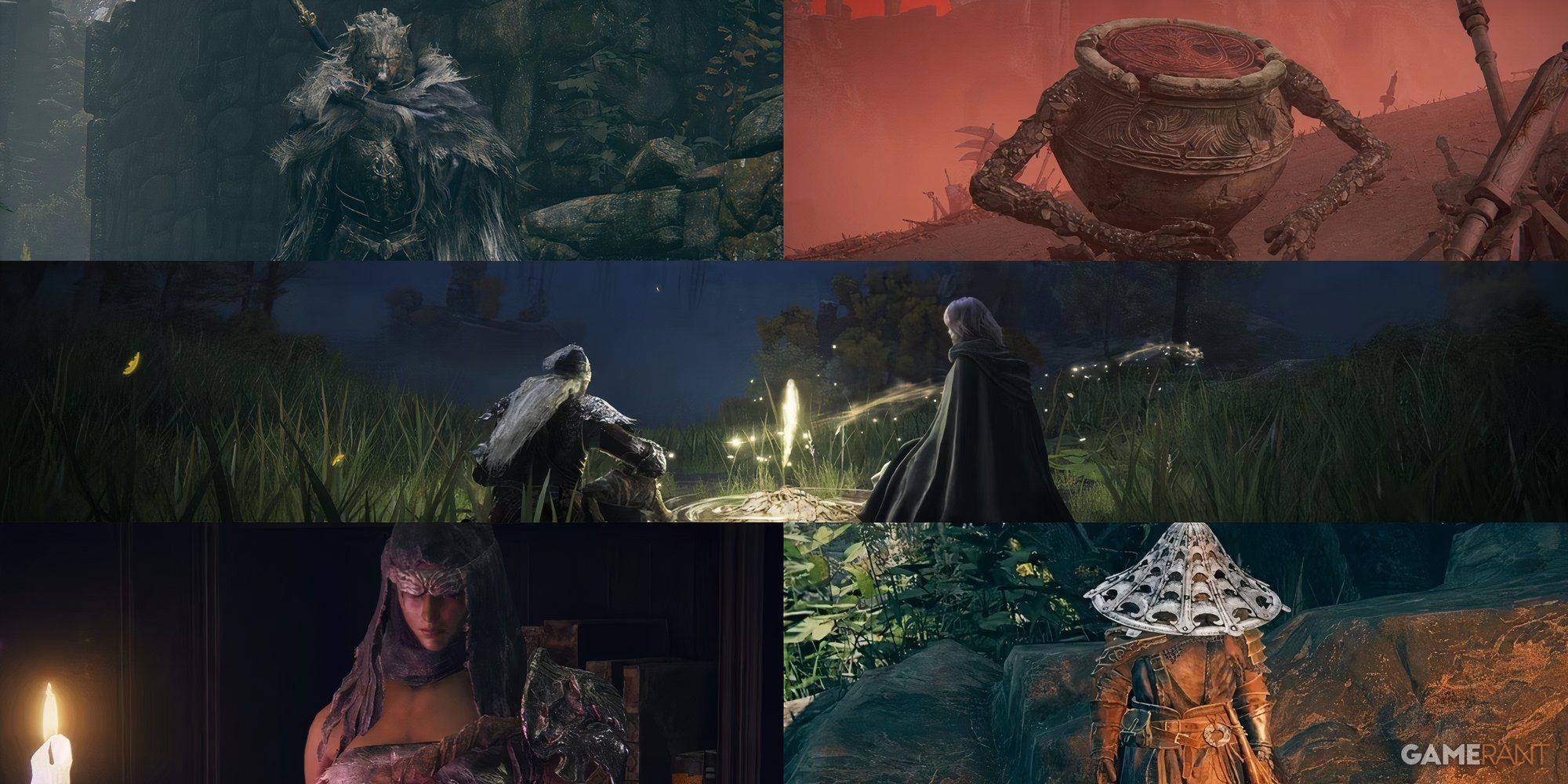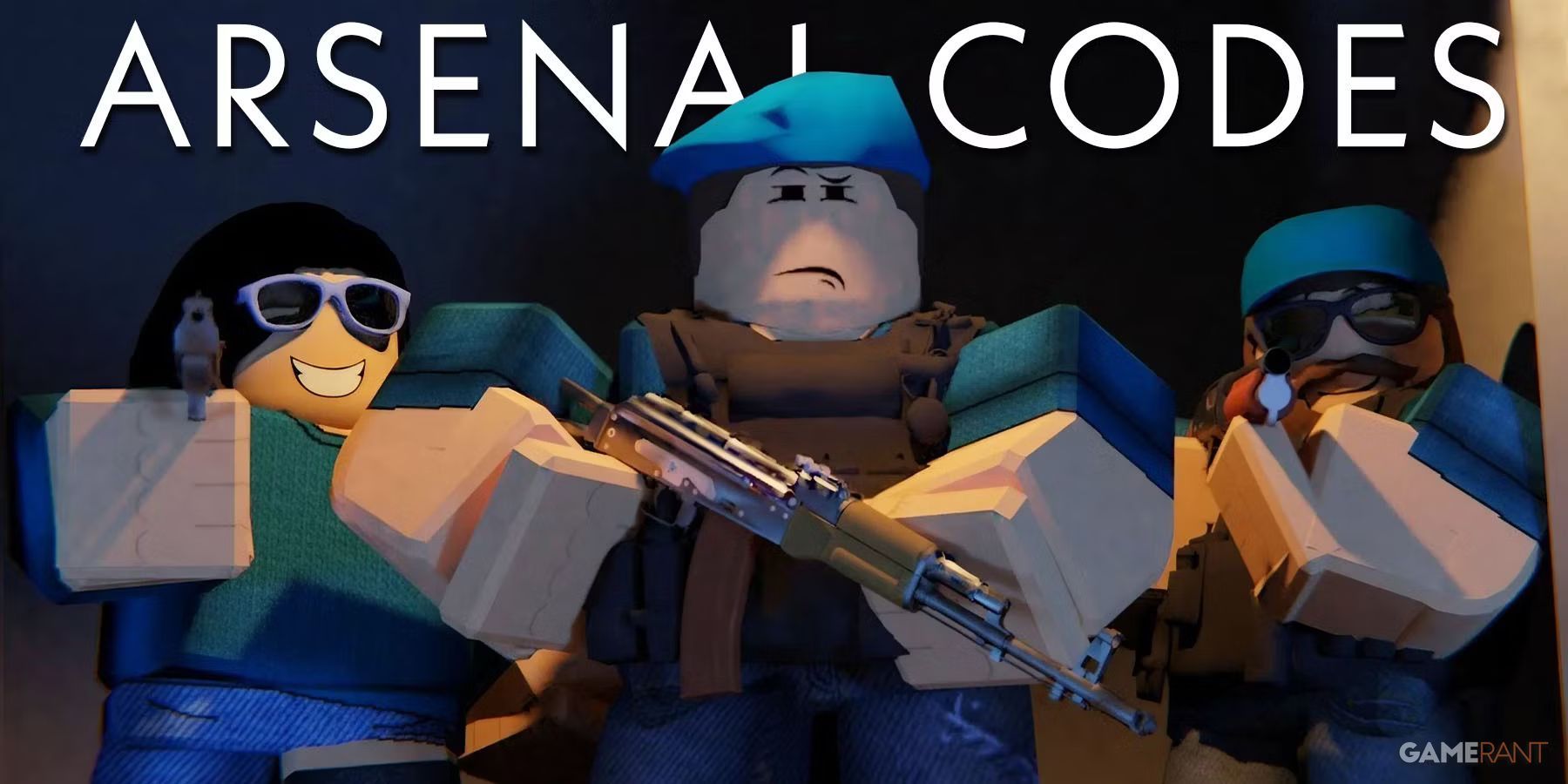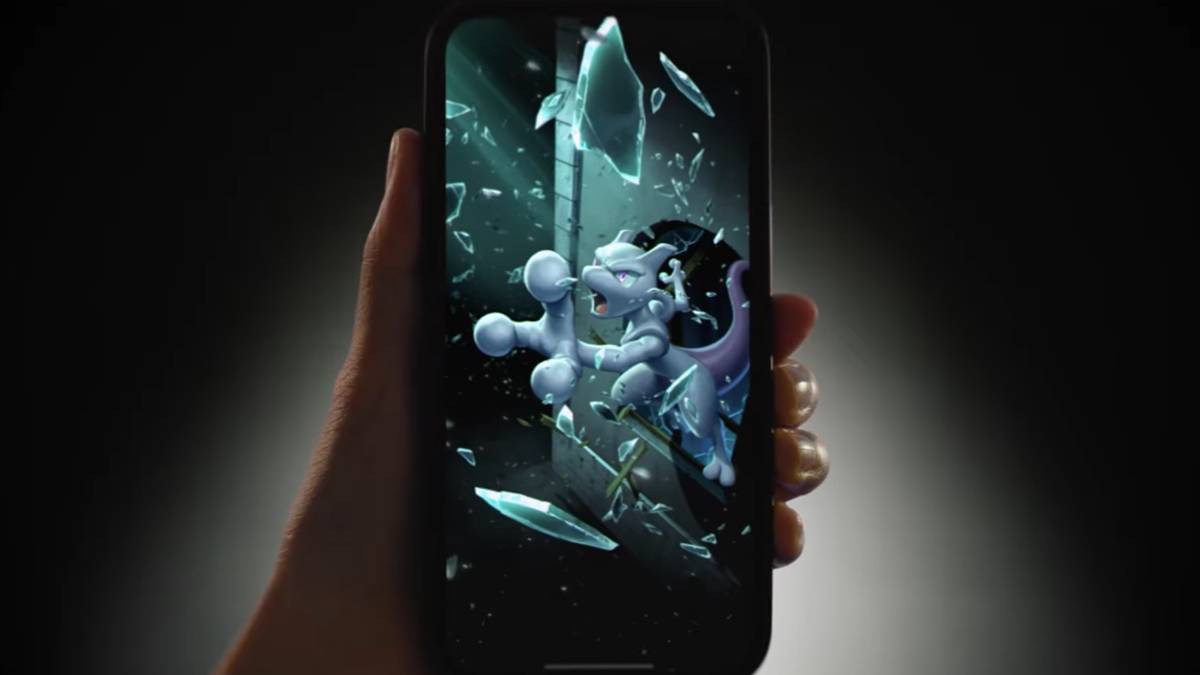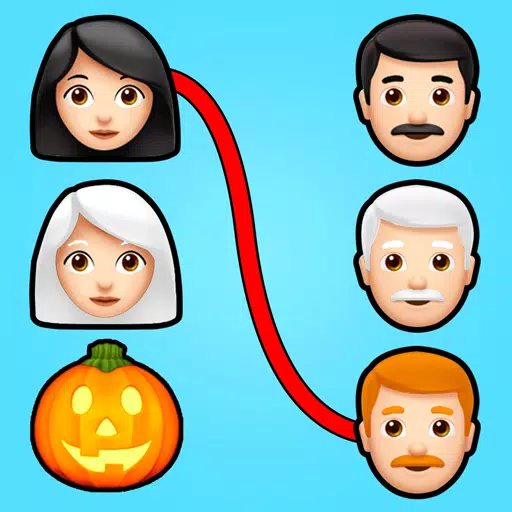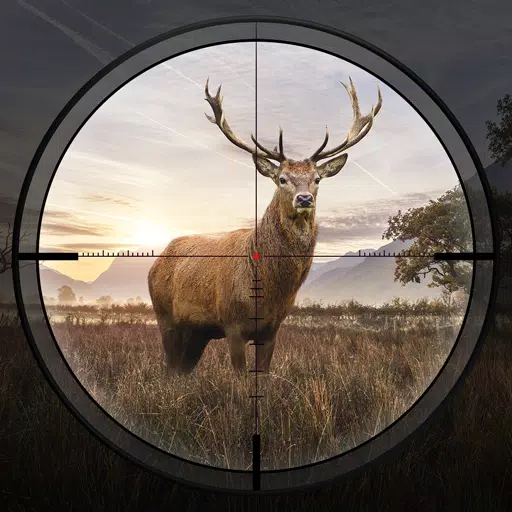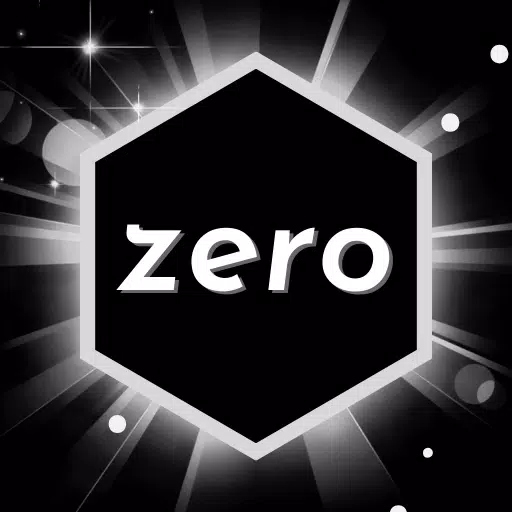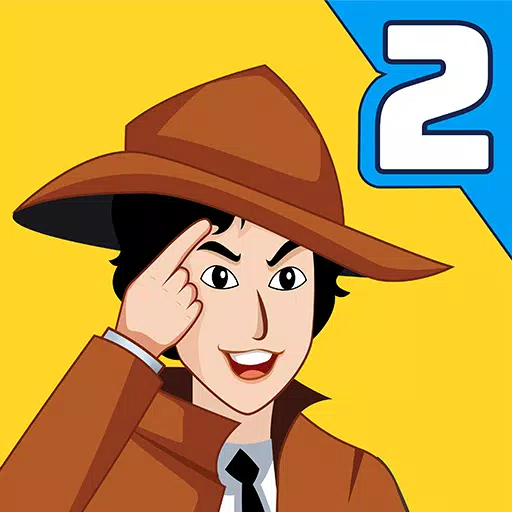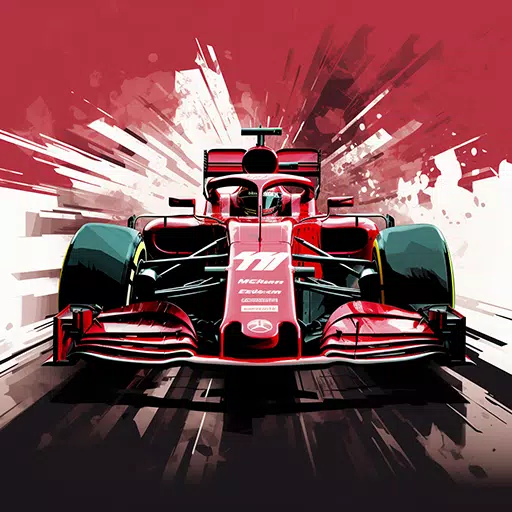How Doom’s Combat Evolves Alongside Modern Metal Music
Doom's iconic blend of demonic imagery and brutal gameplay has always been intrinsically linked to the raw energy of metal music. From its thrash metal roots to its modern metalcore evolution, the series' soundtrack has consistently mirrored its evolving gameplay. The connection is undeniable; the fiery hellscapes and relentless demon-slaying are a perfect auditory match for the aggressive rhythms and guttural vocals of heavy metal.
The original 1993 Doom, heavily influenced by bands like Pantera and Alice in Chains, established a driving, thrash-metal foundation. Tracks like "Untitled" (E3M1: Hell Keep) even borrowed directly from Pantera's "Mouth of War." This fast-paced, aggressive soundtrack perfectly complemented the game's breakneck speed and visceral combat, mirroring the energy of Metallica and Anthrax. Composer Bobby Prince's work remains a timeless classic, perfectly capturing the rhythm of the iconic shotgun blasts and BFG 9000.
Doom: The Dark Ages - Gameplay Screenshots
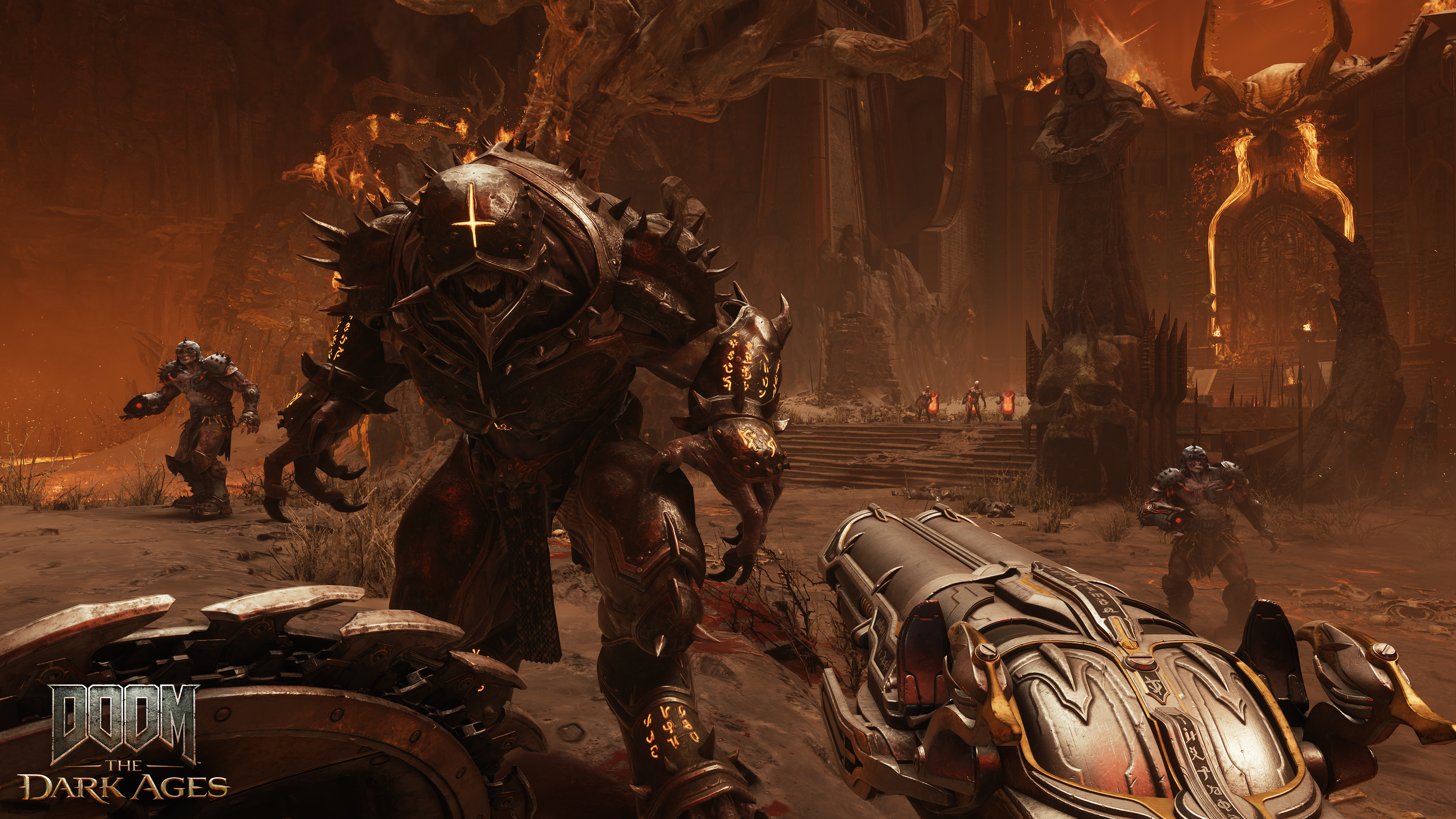
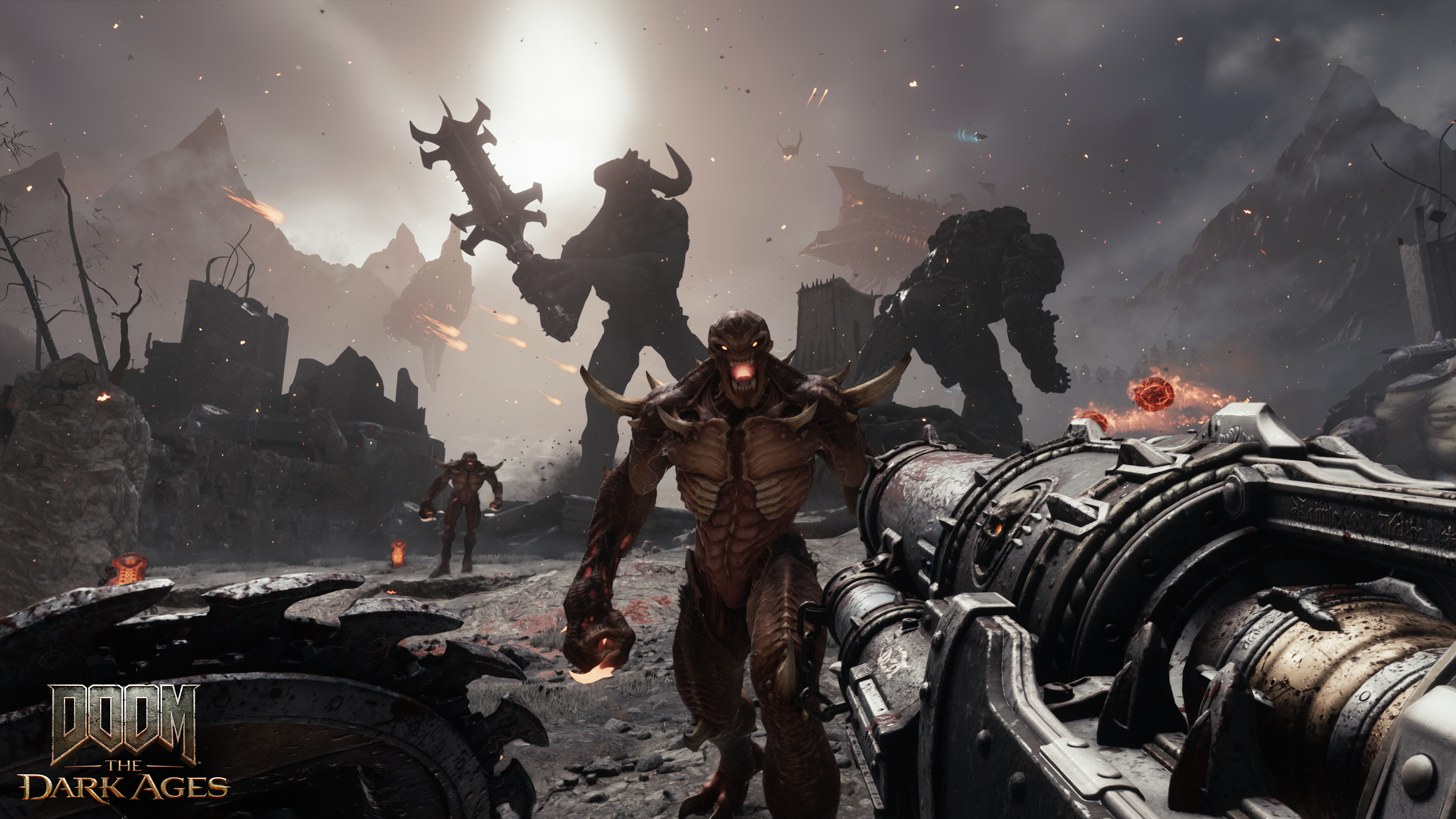
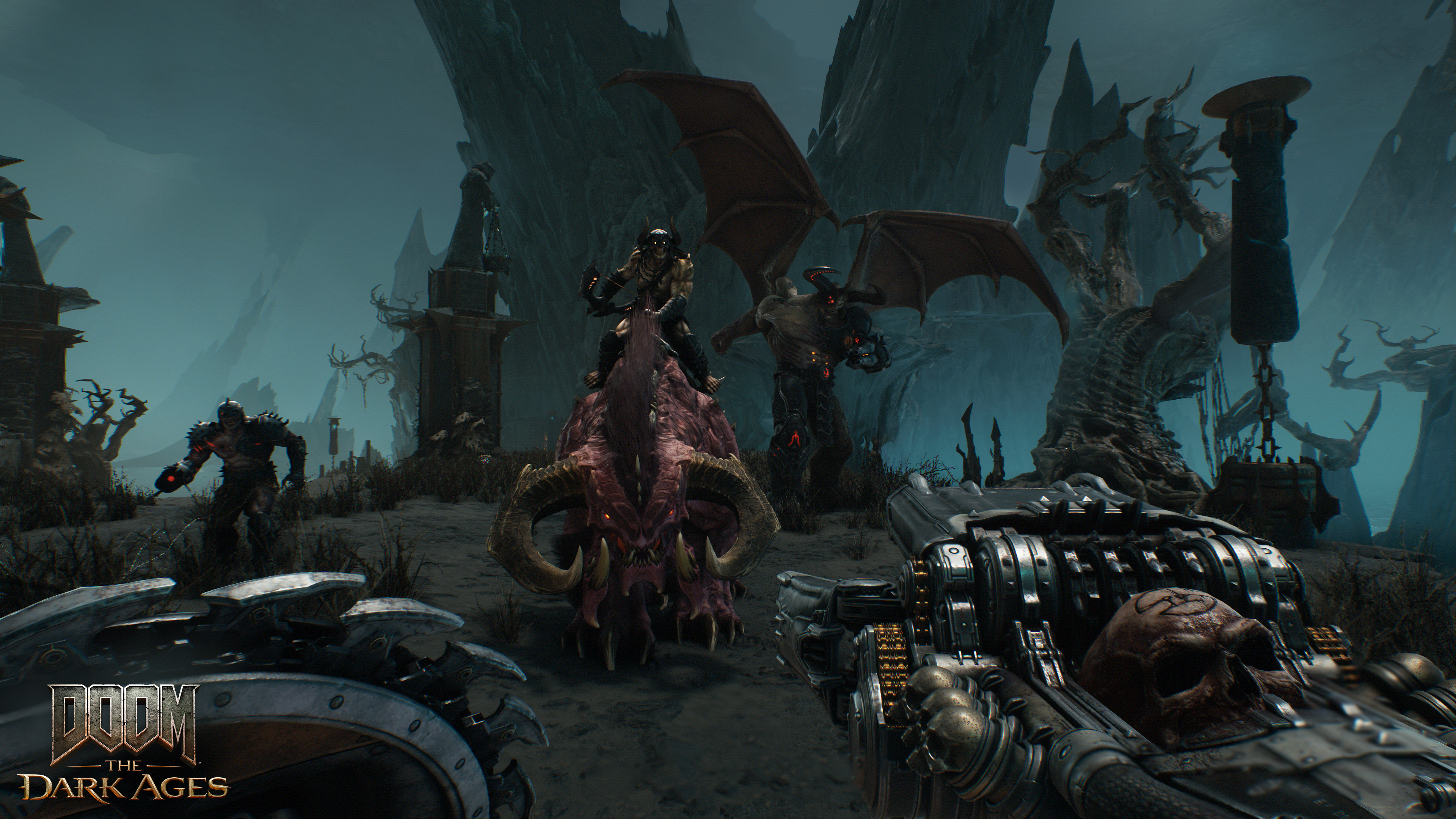
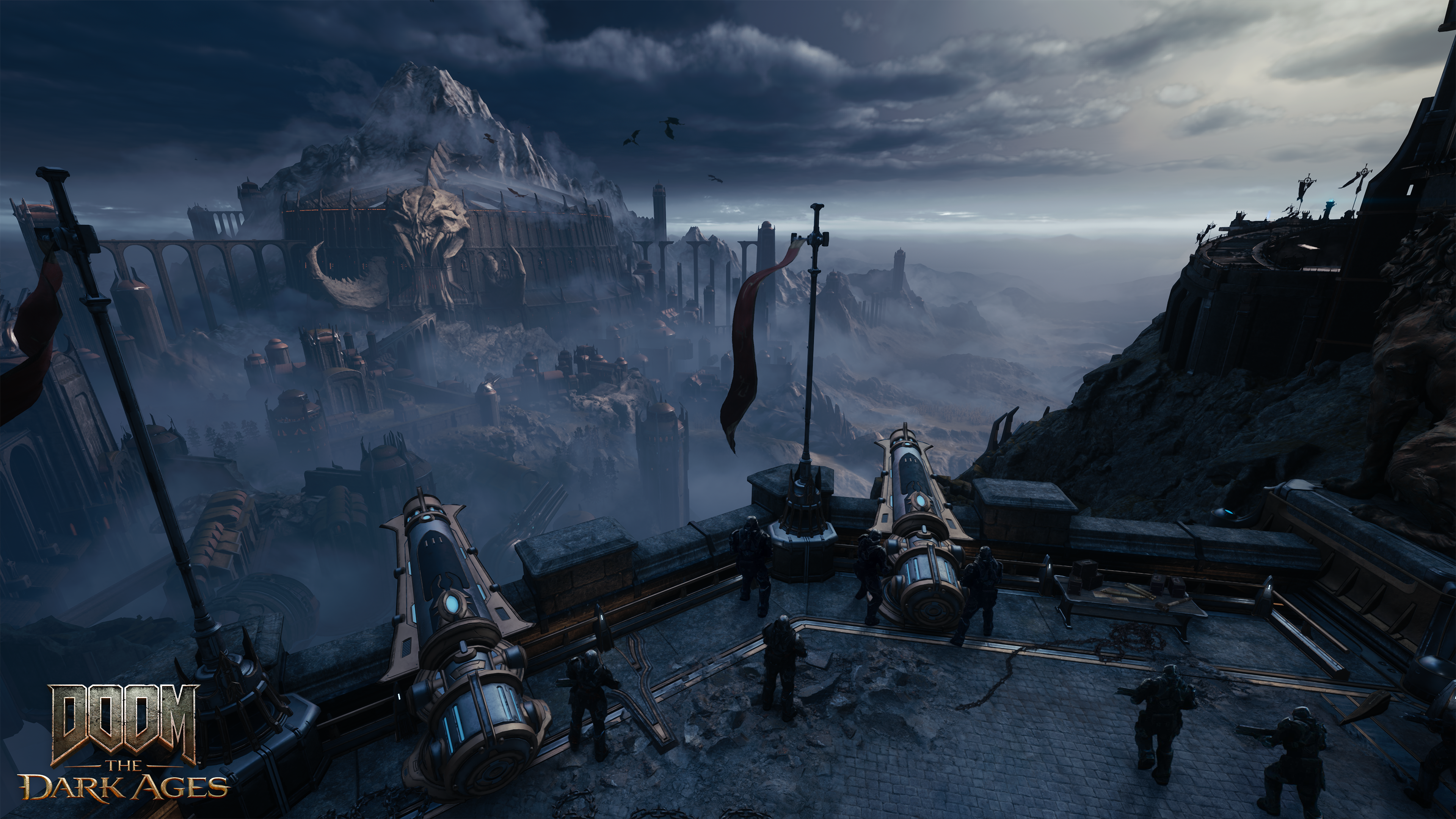
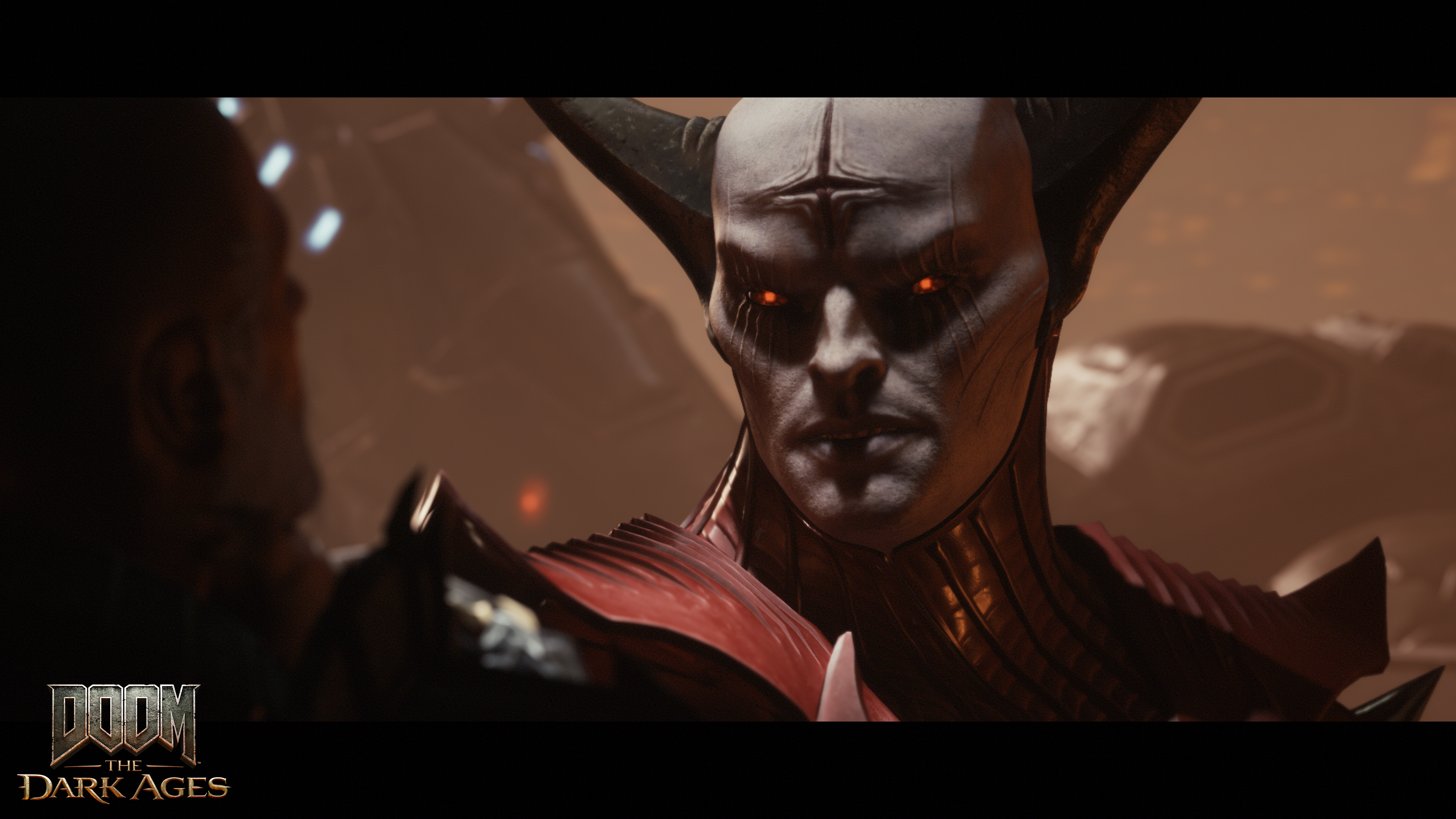
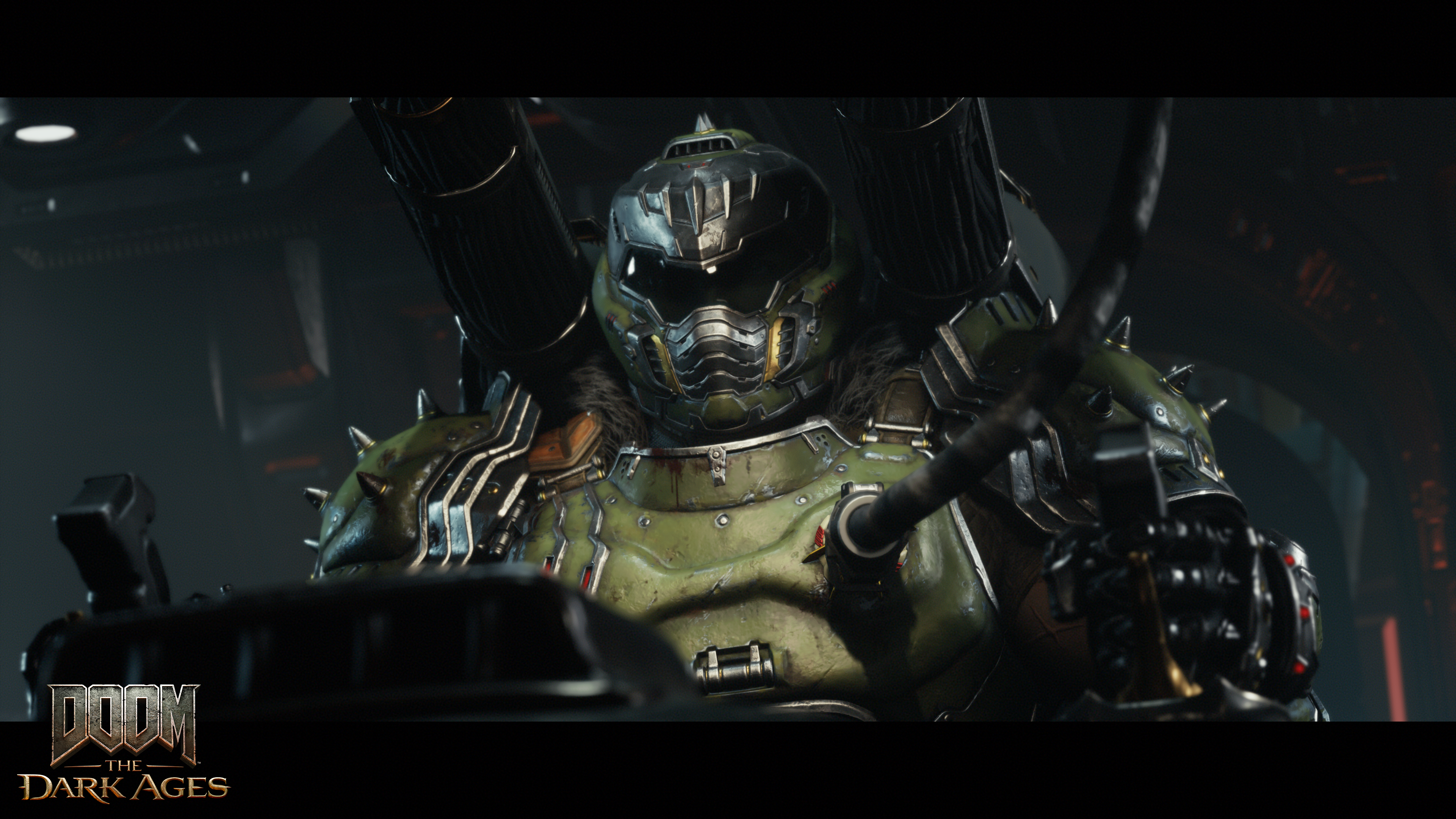
This synergy continued for over a decade until 2004's Doom 3, a survival horror departure. Its slower pace demanded a new sonic landscape, resulting in a soundtrack reminiscent of Tool's Lateralus. While Trent Reznor's involvement was initially considered, Chris Vrenna (Nine Inch Nails) and Clint Walsh ultimately crafted a haunting score that perfectly matched the game's atmospheric horror.
Doom 3, though commercially successful, remains an outlier in the series. Its release coincided with a period of evolution for both FPS games (the rise of Call of Duty and Halo) and metal music (the aftermath of nu-metal's decline). While experimental, its Tool-inspired soundtrack proved a fitting accompaniment to its unique atmosphere.
The 2016 Doom reboot marked a triumphant return to form. Mick Gordon's groundbreaking score, a relentless blend of djent and industrial metal, perfectly captured the game's breakneck speed and brutal combat. The soundtrack's impact was immense, arguably surpassing even the original's iconic score. BFG Division, for instance, became an instant classic.
Doom Eternal (2020), while featuring Gordon's signature sound, faced production complexities, resulting in a soundtrack that, while still undeniably heavy and leaning into metalcore, felt slightly less raw than its predecessor. This mirrored the game's gameplay, which incorporated more platforming and puzzle elements.
Doom: The Dark Ages presents a fascinating new chapter. Early glimpses reveal a soundtrack influenced by both classic and modern metal, mirroring its gameplay which blends classic Doom combat with new, large-scale mechanics. The slower, more deliberate combat, incorporating mechs and dragons, requires a soundtrack that can shift between crushing heaviness and nimble energy. The influence of bands like Knocked Loose, with their seismic breakdowns and thrash-infused moments, is already evident.
The Dark Ages promises a thrilling evolution, building upon the series' strengths while embracing fresh ideas. The game's design, much like modern metal's experimentation, suggests a bold and exciting direction. With its blend of classic and modern influences, Doom: The Dark Ages is poised to deliver a metal masterpiece to accompany its brutal gameplay, potentially becoming a new favorite for metalheads and Doom fans alike.
Latest Articles



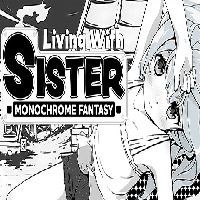

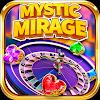



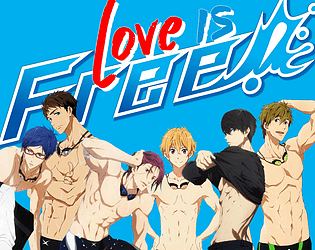

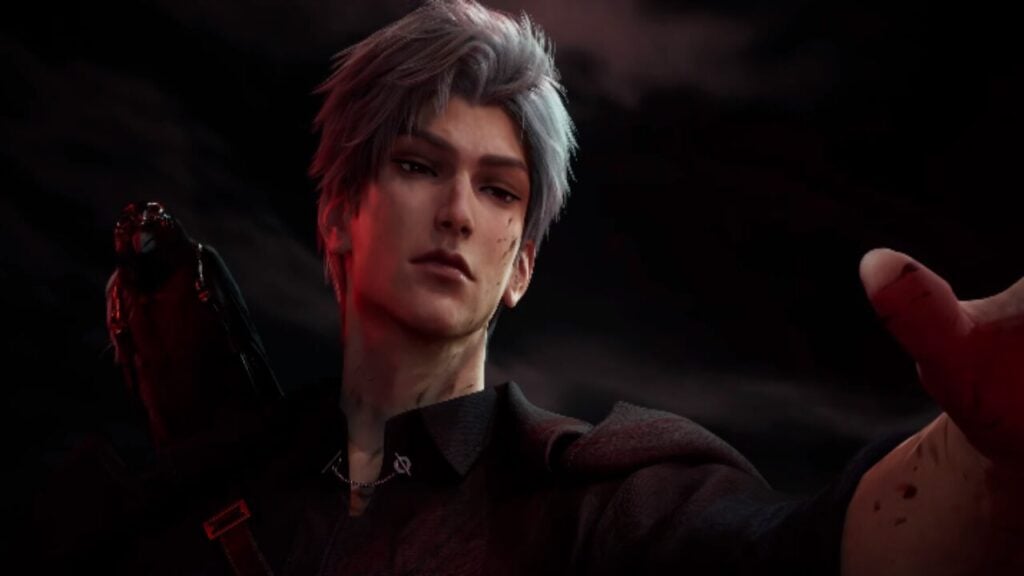
![Roblox Forsaken Characters Tier List [UPDATED] (2025)](https://images.dyk8.com/uploads/18/17380116246797f3e8a8a39.jpg)
